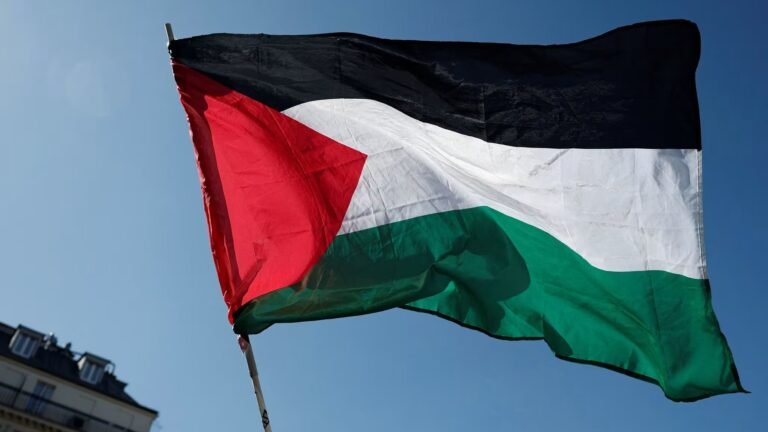Australia, the United Kingdom, and Canada have formally announced the recognition of Palestinian state, aligning their positions in a coordinated diplomatic step that could reshape dynamics in the Middle East. Officials from all three countries confirmed that recognition is conditional, excluding Hamas and tied to governance reforms within the Palestinian Authority.
The announcement reflects growing international momentum behind Palestinian statehood, a move long debated in global forums. Leaders in Canberra, London, and Ottawa said the decision balances the aspiration of Palestinians for self-determination with the need to ensure credible institutions that can deliver security, stability, and peace.
Australian Prime Ministerial representatives explained that recognition would not extend to Hamas, which remains classified as a terrorist organization. Instead, the recognition hinges on empowering the Palestinian Authority to take stronger administrative and security roles. “This recognition is about advancing peace and supporting a legitimate governing body capable of working toward a two-state solution,” an Australian official noted.
In London, government ministers echoed that message, stressing the recognition is a “measured and conditional” step. The UK emphasized that reforms within the Palestinian Authority—including stronger anti-corruption measures, improved governance, and a commitment to non-violence—must be implemented to make recognition meaningful.
Canada, often cautious on Middle East policy, confirmed it joined the initiative to strengthen international pressure for a negotiated two-state outcome. Canadian officials said the decision was coordinated to amplify its impact, ensuring the message of support for Palestinian statehood resonates across diplomatic circles.
The move comes amid heightened tensions in Gaza and the West Bank, where the humanitarian situation has drawn increasing global concern. By tying recognition to institutional reforms, the three governments aim to encourage Palestinian leaders to move toward governance models that can manage statehood effectively.
Supporters of the decision argue it represents a pragmatic shift, recognizing Palestinian rights while protecting international security concerns. Critics, however, caution that recognition without concrete progress on peace talks could harden divisions. Some Israeli leaders swiftly condemned the announcements, warning that unilateral recognition risks emboldening militant groups and undermining negotiations.
Diplomatic analysts see this as part of a broader trend. Several European and Global South nations have already recognized Palestine, while others, including the United States, continue to weigh their positions carefully. The joint recognition by Australia, the UK, and Canada signals that long-standing Western hesitation is beginning to shift.
Looking ahead, the three governments stated their recognition is not the final word but rather a step intended to accelerate a credible peace process. Officials reiterated their support for direct negotiations between Israel and Palestine and underscored that ultimate stability depends on a two-state solution reached through dialogue.
By linking recognition to reforms and explicitly excluding Hamas, the governments hope to encourage moderation within Palestinian politics while reaffirming their commitment to Israel’s security.
The coordinated recognition by Australia, the UK, and Canada marks a symbolic yet strategic shift in international diplomacy. Whether it sparks fresh momentum in peace efforts remains uncertain, but the announcement underscores a clear signal: the world is watching, and the pathway to lasting peace demands credible governance and shared responsibility.







